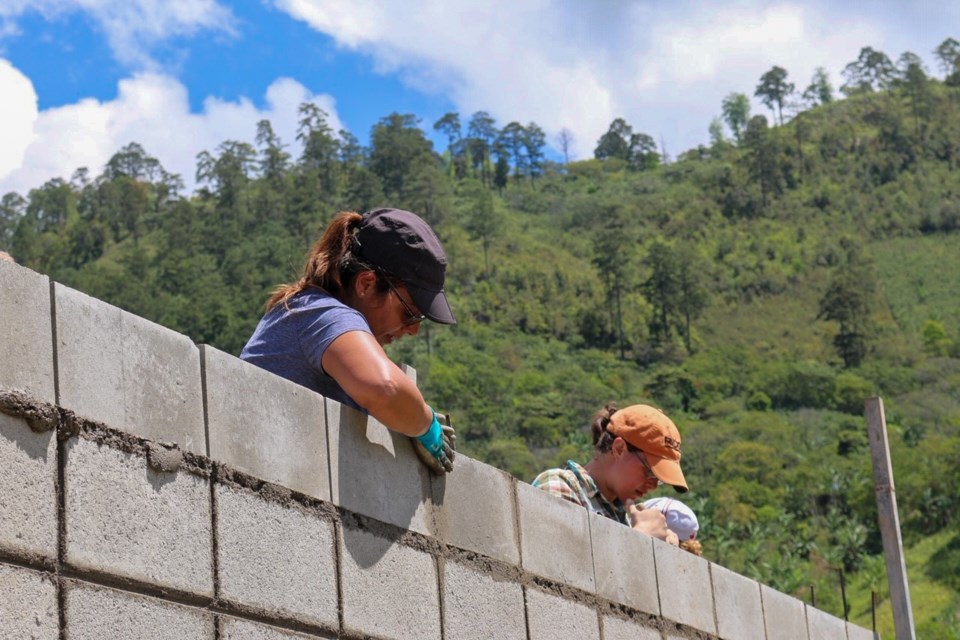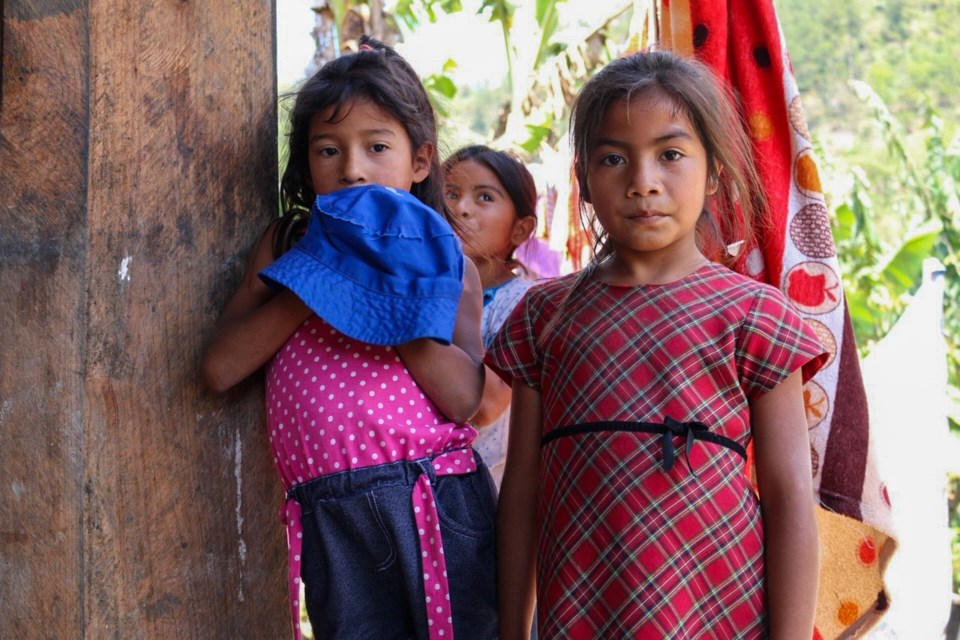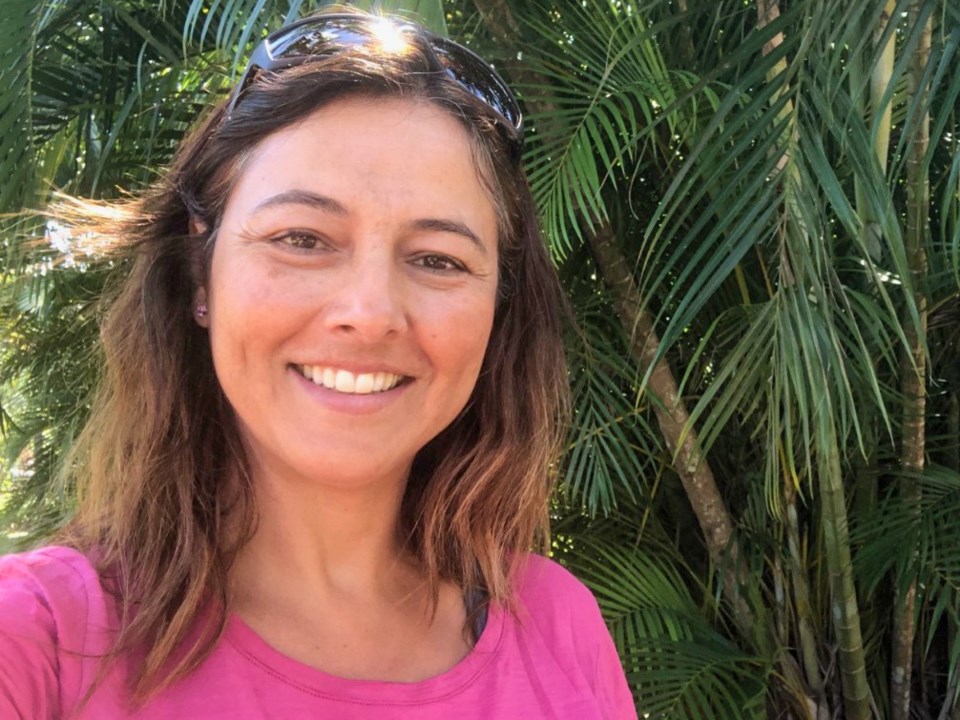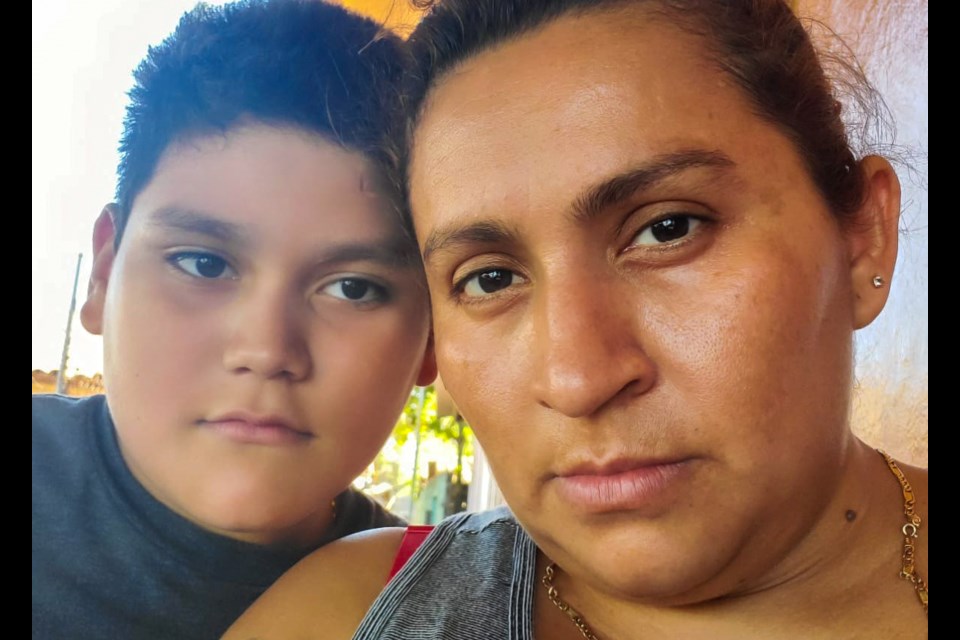How have you been affected by the coronavirus outbreak? We want to hear your questions, stories and concerns. Here's how you can get in touch?
As Claudia Almazán boarded a flight for a three-month sojourn in her native El Salvador, she thought she had done everything right.
She had secured time off work with her boss, made sure her 75-year-old father was comfortable in their Burquitlam home while she was gone and, most importantly, felt comforted the trip would give her 10-year-old son a chance to reconnect with family.
That was in December, before the novel coronavirus rippled across the globe, infecting hundreds of thousands, killing thousands more and shutting down life as we know it in Canada and other countries.
“The crisis here is not as bad yet. But you know, I'm kinda afraid to go back, to be honest. I'm afraid,” she said.
Almazán is one of thousands of Canadians stuck abroad, in limbo and uncertain when, how and even whether they should come home.
On March 17, El Salvador’s president, Nayib Bukele, ordered the shutdown of the country’s international airport, effectively suspending incoming and outgoing travel for thousands. At the time, there were no confirmed cases of COVID-19 in the small Central American nation of 6.4 million. But in the week since, three cases have been confirmed and the mayor of San Salvador has ordered more than a hundred graves to be dug in preparation for the coming dead.
On March 22, Bukele announced a 30-day quarantine period restricting people to their homes. Anyone violating the measures will be arrested and placed in a confinement centre. The only exceptions include one designated person per household to buy food as well as soldiers, police, health workers and the press. Further, people working in public transportation, pharmacies, banks and restaurants offering takeout will continue to operate, according to an executive decree obtained by the digiital newspaper, El Faro.
In a country reeling under chronic gang violence, masked national police have been seen patrolling the streets with automatic weapons in an effort to enforce the quarantine. That's prompted some lawyers to warn of illegal detentions.
Seguiremos actuando para contrarrestar la amenaza del coronavirus. Nos encargamos a nivel nacional de verificar que las disposiciones de prevención, como la cuarentena domiciliar, se cumpla. Logrando así el distanciamiento social.#QuédateEnCasa #AlertaCOVID19SV pic.twitter.com/79bX4Lb1Zi
— PNC El Salvador (@PNCSV) March 23, 2020
The Tri-City News spoke with Almazán minutes before president Bukele announced the new measures.
“We were supposed to be back March 17,” she said. “I'm worried because I am out of money, out of work and my 10-year-old is missing school. I'm worried about my father because he is 75 years old and is alone in Coquitlam.”
Almazán is now holed up in her mother’s house in the coastal town of La Unión with her siblings and other family members. Her son, who attends Roy Stibbs elementary, has had his homeschool experience indefinitely extended like the rest of the children in School District 43.
“The churches, everything has been cancelled. Everything,” said Almazán.
The Coquitlam mother takes certain comforts stuck in a city roughly the size of Port Moody, not only because she has a support network of family but because living next to the sea means access to a fishing industry that can support locals independent of global supply chains.
On the other hand, she is worried how well El Salvadoran society can fend off the virus if — or perhaps when — it starts to spread.
“We are a small country so it's easier for the virus to spread around," she said. "Our healthcare system is not as good as it is in North America or Europe."
Almazán was to start work again before the airport shut last week. But with the caseload climbing in B.C., she’s worried her job — one that means cleaning everything from schools and banks to theatres, hotels and restaurants — will put her at a high risk of infection.
“I've got to look out for my dad, my son more than myself… If I get infected, definitely they will get infected as well,” she said. “He delivers newspapers, he’s older. He’s vulnerable to the virus.”
Over the last few weeks, Almazán said she has heard rumours of evacuation flights to Canada and relief funds for those stuck abroad. She wrote Global Affairs Canada about her situation last week. A Canadian official responded, saying they would get back to her, but she hasn’t heard anything since.

ONE OF MANY
In neighbouring Honduras, Coquitlam resident Laura Hodak, 53, has also been stranded along with a dozen other Canadians after that country went under lockdown.
“We have had flights on Aeromexico, Delta Airlines, United Airlines, American Airlines, and Copa Airlines. No sooner we get a flight, it is cancelled with no refund, only a credit. There are no commercial airlines coming here. Our only hope is a repatriation flight,” she wrote to The Tri-City News.
Hodak said the group of Canadians arrived in Honduras March 7 to help build a school in an impoverished village in the countryside.
“We are heartbroken that our build needed to stop one week in due to the outbreak of COVID-19,” she wrote, adding that while Honduras was in complete lockdown, the people in the village have been keeping the Canadians safe and cared for.

And while Hodak said returning home to reunite with their loved ones is their priority now, the group plans to return and finish what they started once the pandemic has subsided.
“We are putting our faith in the Canadian government to help bring us home,” she said.
That message seems to have reached the highest levels of government over the weekend. In a Monday press conference, Prime Minister Justin Trudeau said several flights have been added to pick up the thousands of Canadians stranded overseas. Among others, Air Transat has been cleared for two flights to Honduras and one to El Salvador.

And while Hodak says getting home is her primary concern, for Almazán, what comes next is less clear. She’s torn by the agonizing decision that hinges on whether to wait out the pandemic in El Salvador, where the virus has yet to evolve into community transmission, or whether to return to Canada, a country with a stronger medical system now bracing itself against a surge of new cases.
“I don’t have any medical insurance here,” she said. “If they tell me, 'We're gonna give you this loan but you must come back to Canada right away,' I'm gonna put that on a scale and look at it because I need to look after myself and my kid.”
She added: “Sooner or later, I have to go back. I have to look out for my dad as well.”
— with files from The Canadian Press and Gary McKenna
Read more of our COVID-19 coverage here.



